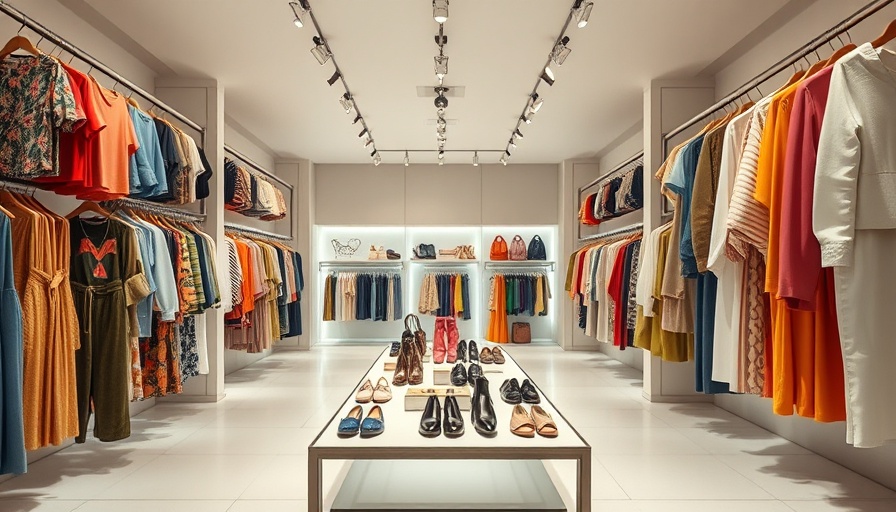
FARO: Bridging the Gap in South Africa’s Fashion Market
In a world increasingly burdened by fast fashion, the rise of South African startup FARO offers a compelling narrative about how to turn excess inventory into opportunity. With $6 million raised in its recent funding round, FARO isn't just focusing on boosting sales; it's about redefining how we perceive clothing waste and its economic implications.
The Impact of Unsold Inventory
The dilemma is significant: while global fashion giants like ASOS are left with billions in unsold merchandise, regions such as Africa are flooded with second-hand clothing, much of which ends up as waste. This irony illuminates the potential for a solution like FARO's, which tackles two issues simultaneously: the surplus in developed markets and the environmental degradation caused by unusable second-hand imports.
Innovation Through Restoration
At the core of FARO's strategy is its innovative approach to consumer returns. Instead of allowing minor defects to lead to disposal, FARO collects these items and refurbishes them, breathing new life into products that many brands would rather incinerate. This not only mitigates waste but also helps FARO source inventory at remarkable prices, allowing it to offer steep discounts to consumers.
Future Ambitions: Scaling for Success
FARO's ambitions don’t stop with its current operations. With plans to expand from four stores to an impressive 1,000 locations over the next decade, the brand aims not just to sell clothing, but to become a significant player in the South African retail landscape. This ambitious growth hinges on a unique customer-centric philosophy that offers value without compromise.
Embracing Technology for Efficiency
The startup is eyeing the integration of artificial intelligence into its shopping experience, potentially transforming how consumers interact with off-price retail environments—especially crucial in a market where inventory differentiation is key. This alignment with technology emphasizes FARO's commitment to innovation and will likely signal a shift in paradigms for off-price consumer goods in Africa.
 Add Row
Add Row  Add
Add 




Write A Comment